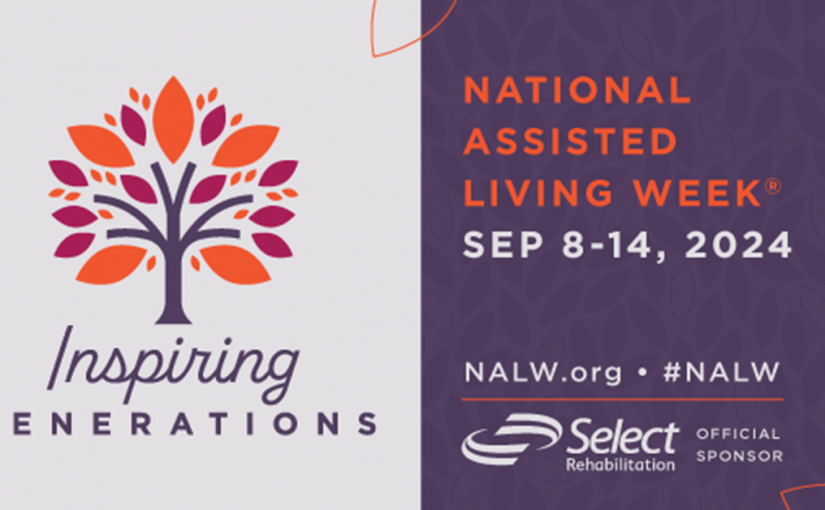The Respiratory Syncytial Virus (RSV) is a respiratory virus that impacts long term care residents each year. RSV is more common during the fall and winter months, similar to influenza (flu).
RSV Impact
Each year, it is estimated that between 60,000 and 160,000 older adults in the United States are hospitalized, and 6,000 to 10,000 die due to RSV infection. Similar to the flu and COVID-19, RSV is more dangerous for older adults due to their age, weakened immune systems, and other underlying health conditions. RSV can lead to lung infections, pneumonia, and worsening of other conditions such as asthma, congestive heart failure, and chronic obstructive pulmonary disease (COPD).
RSV Vaccine
In May of 2023, the
first vaccine for RSV was introduced in the United States. The CDC
recommends was introduced in the United States. The CDC recommends the RSV vaccine if you are aged 75 or older, or if you are aged 60 to 74 and have a risk factor for severe RSV disease, including living in a long term care facility. The RSV vaccine is not currently an annual vaccine, meaning if you received the RSV vaccine last year, you do not need to get it again this year.
Eligible adults can get an RSV vaccine at any time, but the best time to get vaccinated is in late summer and early fall. This timing ensures you’re protected by the time RSV starts to spread in your community and ensures you get maximum protection during the winter months.
Symptoms of RSV
According to the CDC, people infected with RSV usually show symptoms within 4 to 6 days after getting infected. Symptoms of RSV infection usually include a runny nose, decrease in appetite, coughing, sneezing, fever, and wheezing. These symptoms usually appear in stages and not all at once.
Diagnosis and Treatment
Unlike flu or COVID-19, antiviral treatment is not recommended for RSV. This is one of the reasons that getting vaccinated is so important in reducing the severity of an RSV infection.
Since antiviral treatment is not available, many providers do not test patients for RSV. However, molecular and antigen diagnostic tests do exist. The CDC recommends that providers consider
testing for RSV when residents with acute respiratory illness test negative for both influenza and COVID-19.
Infection Control Practices
The bottom line is that RSV poses a threat to long term care residents, and its symptoms are similar to those of COVID-19 and flu. The most important thing providers can do is encourage vaccination among residents for RSV and follow CDC guidance in preventing and managing outbreaks in the facility. The CDC
viral respiratory pathogens toolkit is a great resource for handling all three common respiratory viruses.
Visit
GetVaccinated.us for additional resources to help prepare for the upcoming respiratory virus season.
HHS has also launched a new campaign to educate the public on the importance of vaccination. The
Risk Less, Do More campaign has resources to help providers discuss vaccines and prevention with staff and residents.








